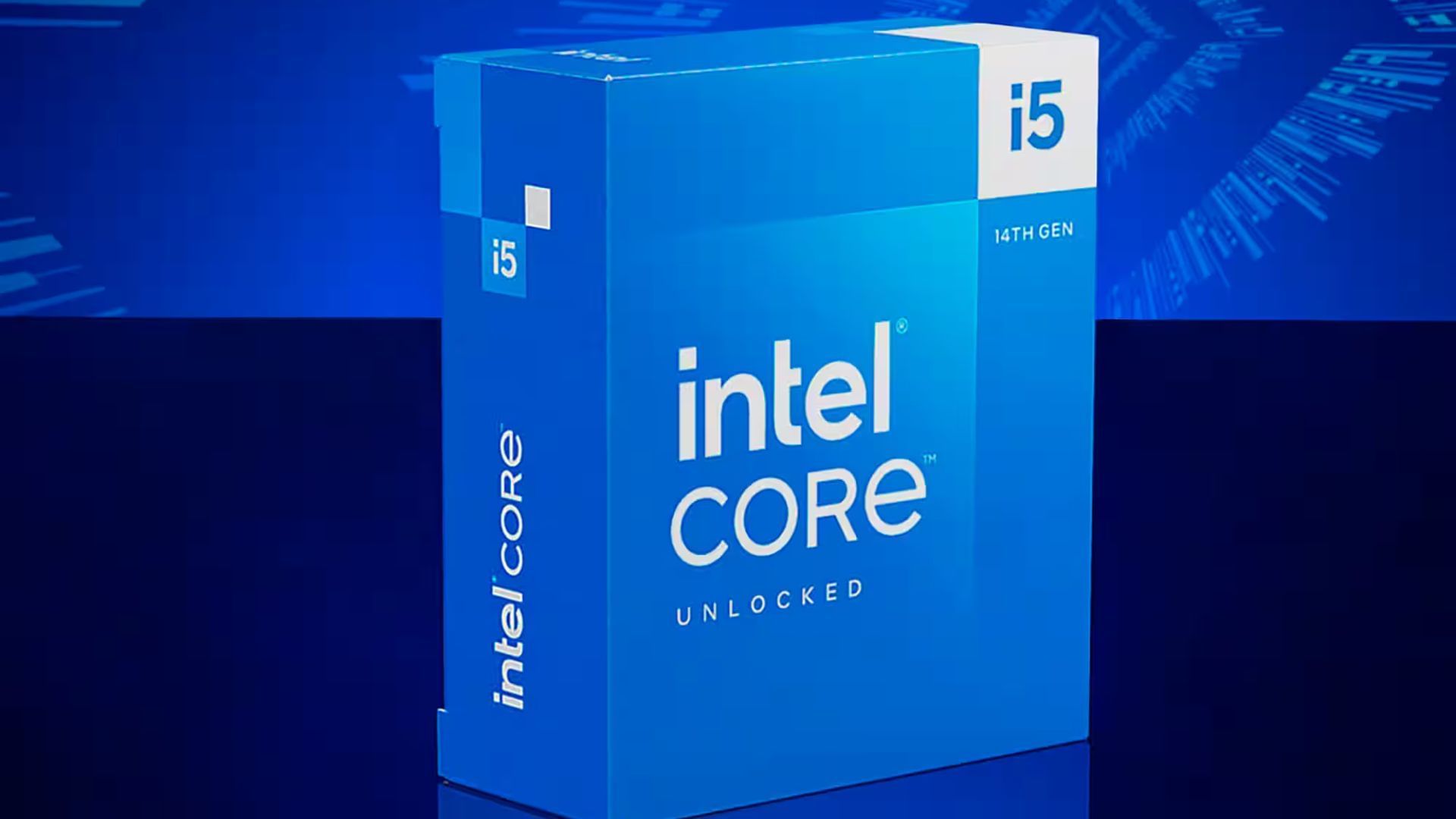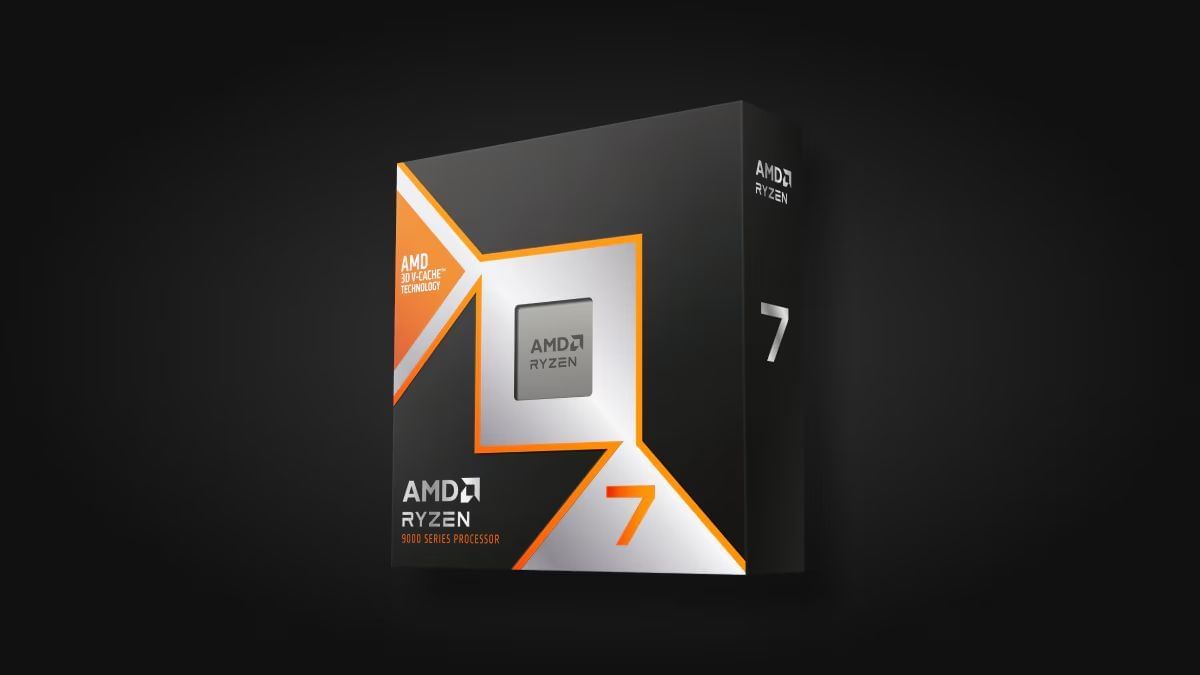AMD Ryzen 7 9800X3D and Core i5-14600K are among the most popular game processors on the current market. However, these chips are fundamentally different in terms of design and the markets they target. While the 14600K was largely reduced to less than $ 170 in 2025, adding to its appearance, the 9800X3D uses the latest innovations in CPU technology to offer the best performance.
However, what approach makes a better game processor for mid -range systems? Let’s dissect the chips in detail to answer this
AMD Ryzen 7 9800X3D and Intel Core i5-14600K are among the most popular play processors in 2025


The 9800X3D and Core i5-14600K are based on underlying technologies. While AMD uses the last Zen 5 architecture based on Chiplet with 3D V-Cache, the old 14600K is a refinement of the monolithic processor based on Lake Raptor.
Comparison of specifications
On paper, the Ryzen 7 9800x3d and Core i5-14600k are well equipped. While the AMD processor has eight cores and sixteen threads, the Intel processor includes 14 cores in a hybrid format. Six of them are “p” high performance, while the other eight are effective “e”.
In terms of maximum boost speeds, the Ryzen 7 9800X3D behaves up to 5.2 GHz. The number is significantly lower than that of other high -end Ryzen 9000 chips to accommodate the V 3D cache, which destabilizes the nuclei.
The 14600K clocks are higher than the AMD chip. Its six p kernels are a maximum of 5.3 GHz, the nuclei hitting 4 GHz. However, the additional operating equipment on Intel fleas makes it a little more hungry. He easily draws north of 150 W in full load, while the 9800X3D adheres more strictly to its typical operating power of 120 W.
Here are the specifications and details of the two chips:
In terms of price, the i5-14600k is about a third of what the 9800x3D sells. While the latter maintains its $ 479 of PDSF for the moment, Intel has aggressively reduced some of its old chips, such as the Core i5, to remain competitive against AMD.
Performance comparison


Here is how the two chips compare themselves in terms of game performance at 4K ultra parameters, alongside the Ryzen 7 7800x3d slightly cheaper but stored. The tests were carried out with a RTX 3090 GPU. We provided data from the YouTube channel Mark PC.
The Ryzen 7 9800X3D, on average, is on average 27.4% faster than the Core i5-14600k. The Intel chip does not guarantee a victory in any match. The most important gains are observed in higher games at the processor like Assassin’s Creed Valhalla (+ 42.7%), Cyberpunk 2077 (+ 35.2%) and Watch Dogs Legion (+ 29.9%). Here’s how the Geomean FPS ranks:
- Ryzen 7 9800x3d: 125.8 IPS
- Ryzen 7 7800x3d: 110.0 IPS
- Intel Core i5-14600k: 99.1 IPS
The transition from 14600K to 9800x3D offers performance gains large enough to look like a GPU upgrade. However, this can only be the case if you are not limited by the GPU (something north of the RTX 4080 Super / 5080). Otherwise, the $ 300 that you can save by opting for the Core i5 can result in a good GPU upgrade, which would provide much higher earnings at 27.4%.
For players concerned about the budget, paying a price premium of 183% for 26.9% of better performance does not make sense if a greater gain can be unlocked by spending more for a GPU. The 7800X3D makes an even worse case in this regard, costing a price premium of 112% for only 11% of better performance. This makes Core i5-14600k, the best choice because it costs $ 1.71 exceptional per FPS. In comparison, the 7800x3D is at $ 3.26 per IP while the 9800x3D is $ 3.81 per IP.
Published by Arka Mukherjee



